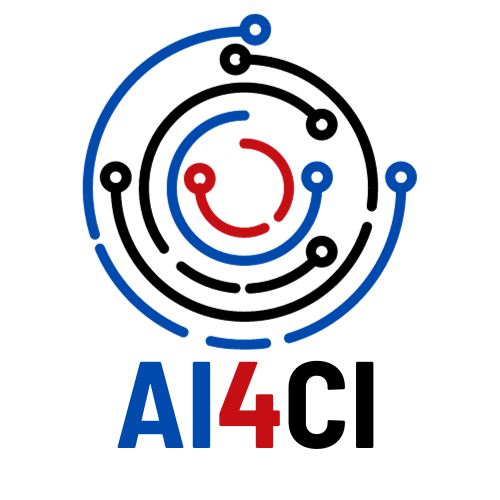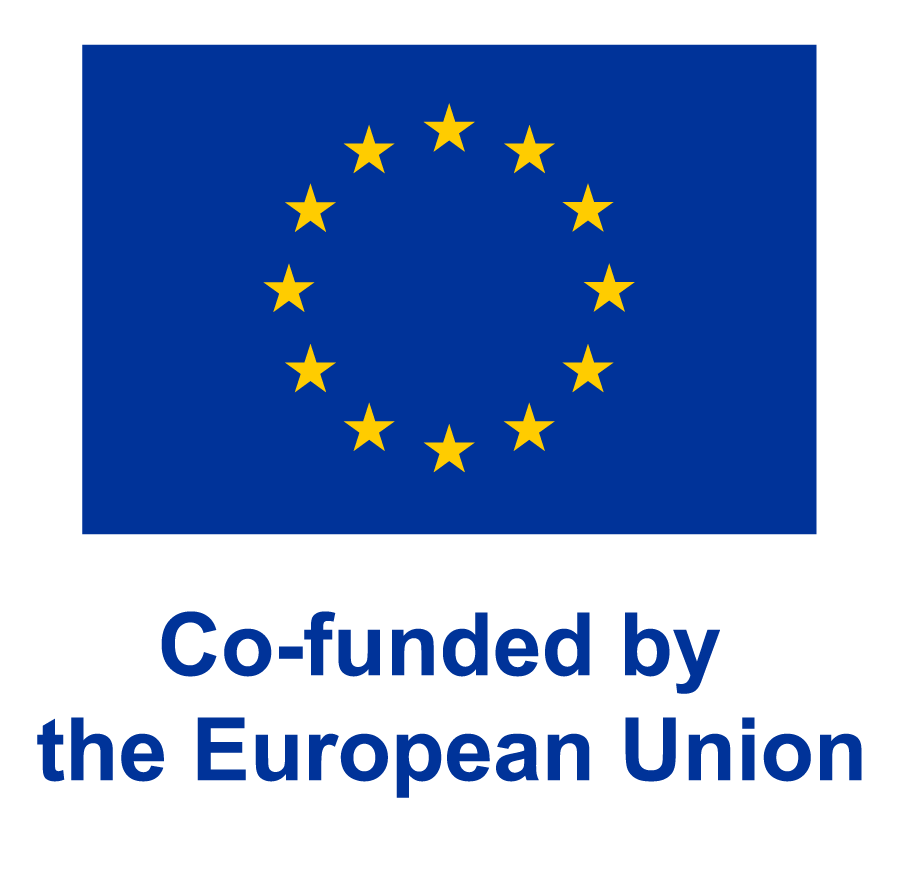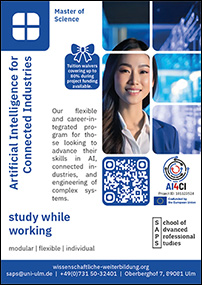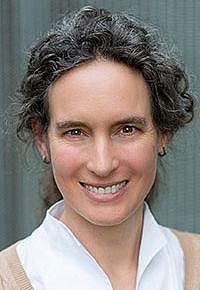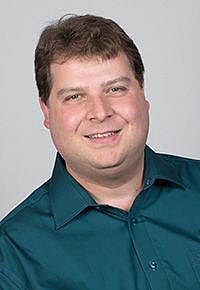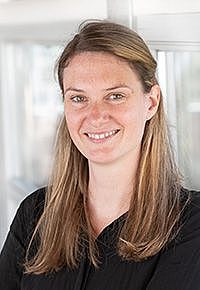Prerequisites: one year of qualified professional experience after the first higher education degree or academic degree with 180 ECTS + two years of qualified professional experience after the first higher education degree
ECTS Credits: 90
Study fee: Reduced fee for enrolled students + administration fee. For further details, please see the module description.
Start of study: winter semester: october | summer semester: april
Application period for winter semester: April 1st to May 15th and June 1st to July 15th
Application period for summer semester: October 15th to November 15th and December 1st to January 15th
Language of instruction: English level B2

